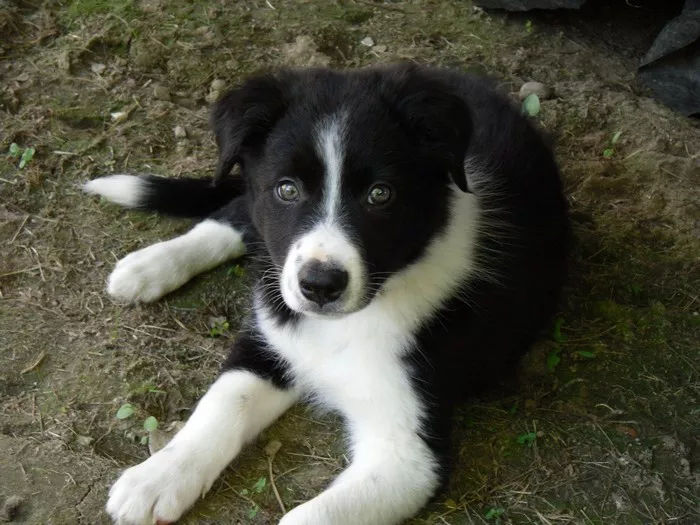Singapore, 1st February 2024 – A combination of rainy weather, a growing urban rat population, and heightened awareness is believed to be contributing to a notable increase in cases of leptospirosis among dogs in Singapore, according to veterinarians.
Reports from the Animal and Veterinary Service (AVS) indicate a surge in confirmed cases, with four instances identified in the Upper Thomson and Shunfu areas over the past two weeks. This marks a significant rise compared to the average of fewer than 20 reported cases per year between 2021 and 2023.
Leptospirosis, caused by the Leptospira bacteria, is a zoonotic disease that can be transmitted to humans from the tissue or urine of infected animals. While no human cases have been reported in connection with the recent dog cases, authorities are closely monitoring the situation.
The AVS emphasizes various transmission routes, including direct or indirect contact with contaminated urine or bodily fluids, excluding saliva. Indirect infection can occur through contact with water or wet soil contaminated by the urine of infected animals, posing a risk to dogs during walks.
Leptospirosis is endemic in the region, and the AVS has reached out to affected dog owners, urging them to monitor the health of their pets and seek veterinary attention if any signs of illness arise.
Symptoms in dogs include fever, vomiting, diarrhea, jaundice, and decreased or absent urine. For humans, symptoms may include fever, headache, muscle aches, jaundice, red eyes, abdominal pain, vomiting, diarrhea, and rash.
Veterinarians report a concerning rise in suspected cases, with one clinic in Upper Thomson witnessing a fourfold increase since mid-January. The majority of affected dogs were found to be inadequately vaccinated and frequently exposed to contaminated environments during walks.
Dr. Esther Lam, head veterinarian at Paws N’ Claws Veterinary Surgery, noted a shift in the geographical spread of cases, with reports now coming in from areas such as East Coast and Sengkang. She highlighted the prevalence of rats in housing estates, contributing to the heightened risk.
Veterinary clinics across Singapore have observed similar trends, attributing the surge to increased rat activity in urban settings. The Gentle Vet along Tanjong Katong Road reported a rise from two cases every two to three years before 2020 to three to four cases last year.
Dr. Kelly Yeo emphasized the seriousness of leptospirosis, citing rat urine in urban settings as a primary factor. Veterinarians recommend that dog owners avoid wet soil and puddles during walks, particularly in areas known for rat infestations.
Early detection and treatment are crucial, as advanced cases of acute renal disease carry a mortality rate exceeding 50%. The importance of vaccination and yearly boosters is stressed by veterinarians, who highlight that while vaccination may not prevent infection, it can reduce the severity of symptoms and the risk of spreading the disease.
As Singapore grapples with this surge in leptospirosis cases, veterinarians urge pet owners to remain vigilant, take preventive measures, and seek prompt veterinary attention if their dogs exhibit any concerning symptoms.


